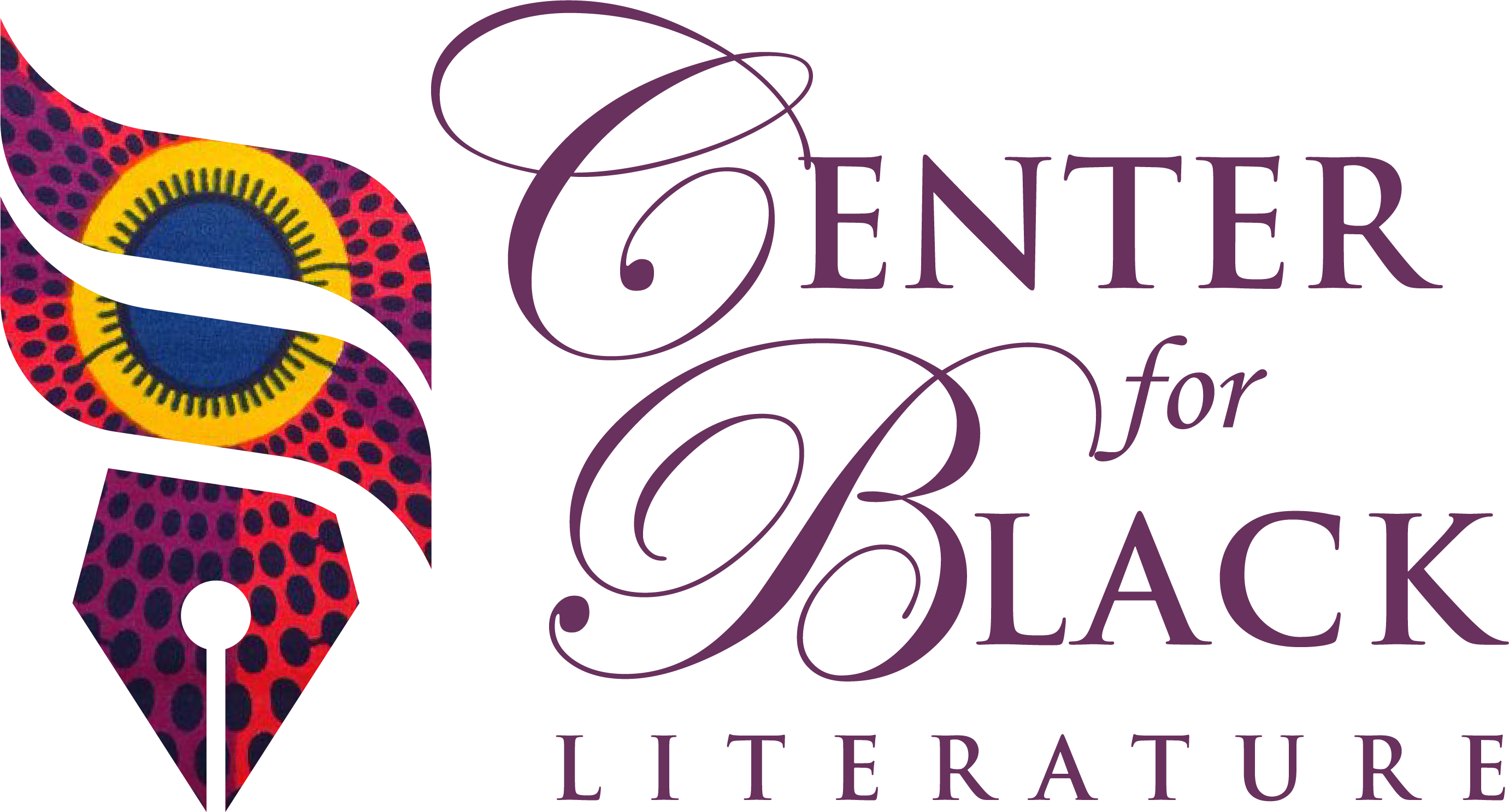Does the food that was given to Blacks’ during slavery play a part in our health?
On a sunny day in New York, while visiting Rockaway Beach with my Co-worker, we started to have a conversation about the theory of hereditary. This word hereditary is defined as “the passing on of traits from parents to their offspring; either through asexual reproduction or sexual reproduction, the offspring cells or organisms acquire the genetic information of their parents. Through heredity, variations between individuals can accumulate and cause species to evolve by natural selection.” I always understood that if something is hereditary in your family, that means you have a 50/50 chance of getting to inherit the disease unless it’s on both sides of your family. At that point, you will inevitably inherit whatever disease sometime in your life. My co-worker brought up an interesting point on her definition of this theory. She explained that she feels the hereditary theory is a myth and depending on what your culture eats contributes to your health. For example, she is of Dominican descent, and her culture’s diet consists of rice and beans, Mangú (plantain mash), cassava, etc. These foods contain a great among of starch, empathy calories, and not enough nutrients, giving way to why many Latinx individuals suffer from heart disease.
According to the Center for Disease Control and Prevention, “Hispanics or Latinos are the largest racial/ethnic minority population in the US for heart disease and cancer.” This type of analysis she had on the theory of hereditary was very thought-provoking. I never pondered upon this idea that something being hereditary is not based on genetics. I would contribute this to the logical thinking of many people, which is the appeal to authority. Many of us believe our parents, grandparents, doctors, and preachers based on their jurisdiction, even if what they are claiming doesn’t have any supporting evidence. When living in Memphis in my younger years, my grandmother told me her collard greens were good for me. Of course, I believed her because any type of greens is good for you, right? No! when greens are cooked, many of the nutrients are burned off.
Adding salt, turkey necks, and other salty meats does not make it suitable for your diet. Based on statistics Blacks are also dying from heart disease and high blood pressure. So, I had to ask myself if the food given to us as slaves has something to do with this. Many countries have kept those traditions of eating slave food but introducing their recipes to the dishes based on where they lived. Foods such as chitterlings, ham hocks, lard, cow feet, oxtail have been passed down to many Black people. The problem with eating these foods is that it is from the unwanted parts of animals. Many slave owners knew that these parts of the animals were not good in nutrients, so they gave them to slaves. Many of us eat these dishes passed down to us and now suffer from diabetes, heart disease, and high blood pressure. What do you believe is true or false? Do you think both theories are accurate?
Malik is an upcoming graduate writer who loves to talk about people of color worldwide.

